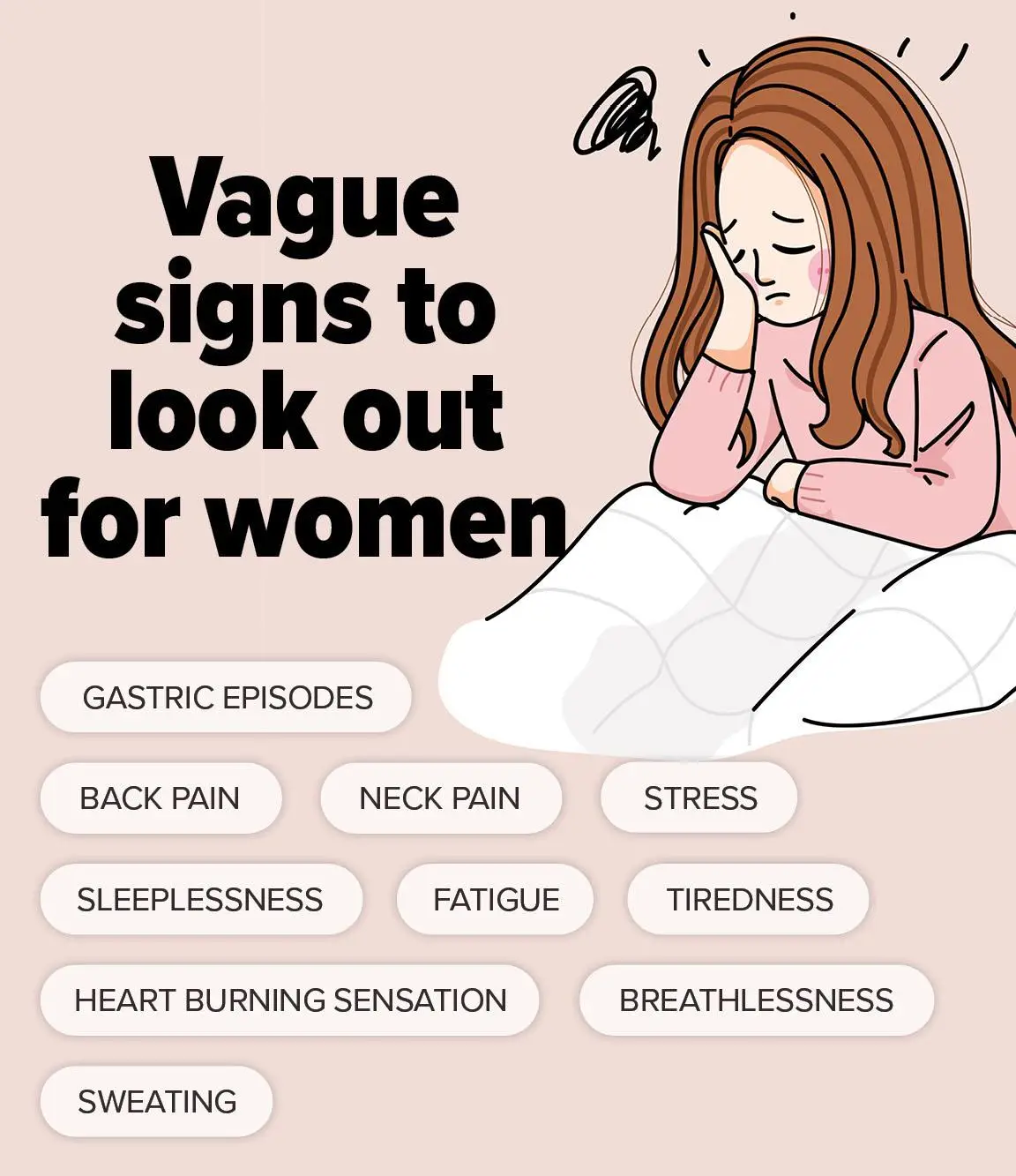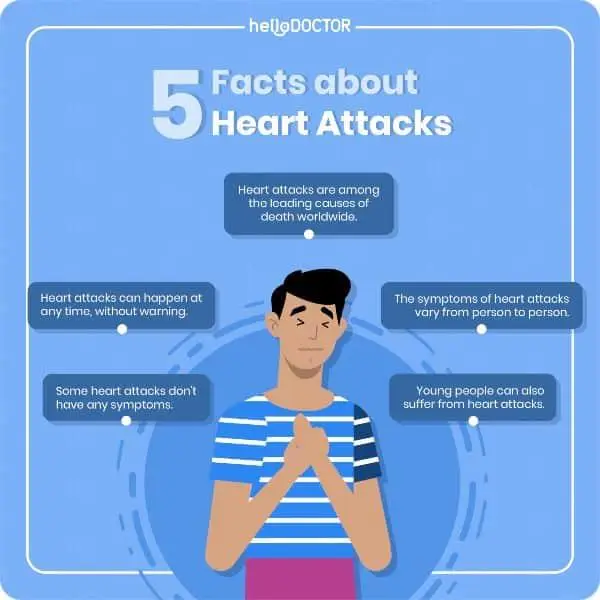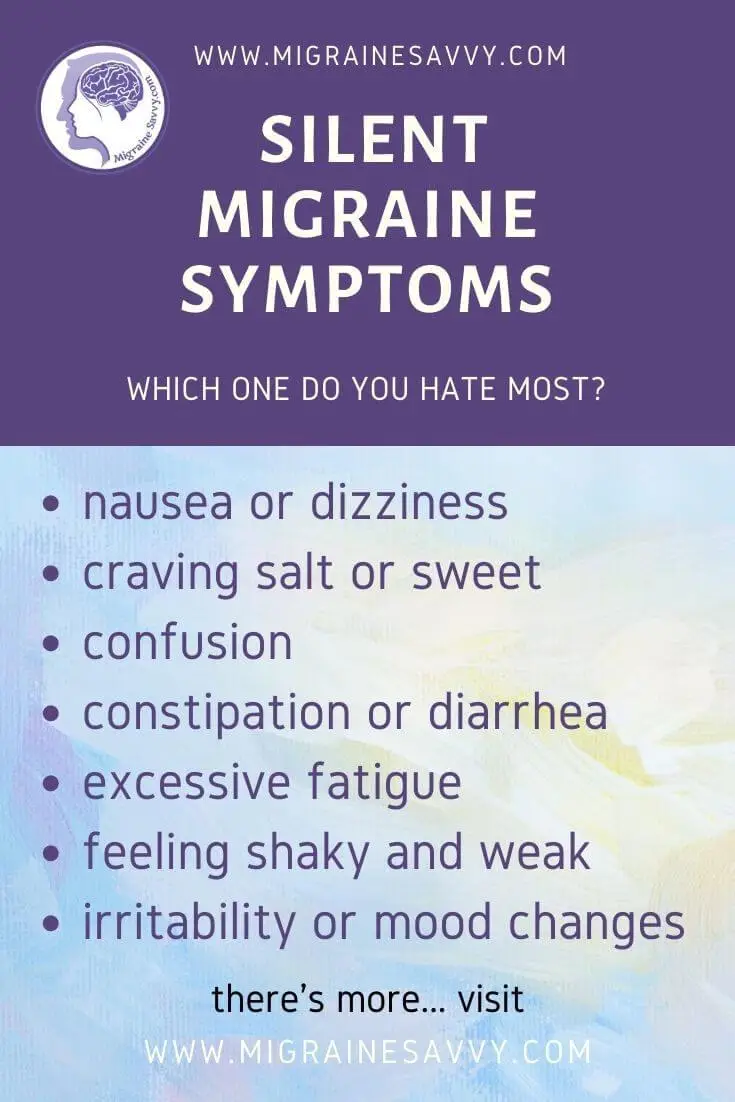In a world filled with processed foods and busy lifestyles, it’s easy to overlook one important nutrient that plays a crucial role in our health – magnesium. The YouTube video titled “The Silent Symptoms: Detecting Magnesium Deficiency” sheds light on the widespread issue of magnesium deficiency, affecting up to 80 percent of Americans. From sleep problems to muscle spasms, the signs and symptoms of magnesium deficiency are often silent but significant. In this blog post, we will delve deeper into the 11 signs and symptoms discussed in the video, helping you understand the importance of this essential mineral in maintaining optimal health.
Signs of Magnesium Deficiency in the United States
Magnesium deficiency is one of the most common nutrient deficiencies in the United States, affecting up to 80 percent of Americans. Magnesium is a mineral that’s involved in over 300 processes in the body. The National Institutes of Health recommends that adults get 420 milligrams of magnesium daily from food sources or supplements. However, a recent study found that two out of three Americans are not getting enough magnesium in their diets, particularly those who eat processed foods or avoid whole grains and leafy greens.
There are several signs and symptoms of magnesium deficiency to watch out for. Among them, sleeping problems are a common indicator. Insufficient magnesium levels have been linked to anxiety, depression, and restless leg syndrome, all of which can affect sleep quality. Magnesium helps regulate serotonin levels and melatonin production, essential hormones for sleep regulation. In fact, studies have shown that magnesium supplementation can improve sleep quality and relieve anxiety that interferes with restful sleep.
Another noticeable symptom of magnesium deficiency is muscle spasms and cramps. Muscle cramps, often caused by low potassium levels due to magnesium deficiency, can lead to muscle weakness and fatigue. Research has shown that individuals with low magnesium levels are more likely to experience muscle spasms or cramps, especially those taking diuretics for hypertension. Supplementing with magnesium may help prevent or alleviate these symptoms and improve muscle function.

Impact of Processed Foods on Magnesium Levels
Magnesium deficiency is a prevalent issue affecting a large portion of the American population. With up to 80% of Americans lacking adequate levels of magnesium, the cannot be ignored. Processed foods often lack the necessary nutrients, including magnesium, due to their highly refined and altered nature. This deficiency can have a range of silent symptoms that might go unnoticed, but it’s crucial to pay attention to them for overall health and well-being.
One of the key symptoms of magnesium deficiency is sleeping problems. Low magnesium levels have been linked to anxiety, depression, and sleep disorders such as restless leg syndrome and rapid eye movement during sleep. These conditions can significantly impact the quality of sleep and overall health. Magnesium plays a vital role in regulating serotonin and melatonin levels, essential hormones for sleep regulation. Therefore, ensuring an adequate intake of magnesium is crucial for promoting restful and rejuvenating sleep.
Another common symptom of magnesium deficiency is muscle spasms and cramps. These sudden, painful contractions can be debilitating and often result from low magnesium levels. Research has shown a clear relationship between magnesium deficiency and muscle cramps, especially in individuals taking diuretics for hypertension. Supplementing with magnesium may help prevent or alleviate muscle spasms and cramps, promoting better muscle function and overall physical well-being.
In conclusion, detecting magnesium deficiency and its silent symptoms is essential for maintaining optimal health. By understanding the and recognizing the signs of deficiency, individuals can take proactive steps to address their nutritional needs. Incorporating magnesium-rich foods, supplements, and lifestyle changes can help prevent and alleviate the detrimental effects of magnesium deficiency on sleep quality, muscle function, and overall health.
Causes of Magnesium Deficiency: Stress, Alcohol Consumption, and More
Stress, alcohol consumption, and certain medications can all contribute to magnesium deficiency, which is one of the most common nutrient deficiencies in the United States. Magnesium plays a crucial role in over 300 processes in the body, making it essential for overall health. However, up to 80 percent of Americans may not be getting enough magnesium in their diets, especially those who rely heavily on processed foods and avoid whole grains and leafy greens.
One of the primary symptoms of magnesium deficiency is sleeping problems. Low levels of magnesium have been linked to anxiety, depression, and insomnia, making it difficult to get a good night’s sleep. Magnesium helps regulate serotonin and melatonin levels, two hormones that are crucial for sleep regulation. In addition, magnesium deficiency has also been associated with restless leg syndrome and rapid eye movement during sleep, which can further disrupt sleep patterns.
Another common symptom of magnesium deficiency is muscle spasms and cramps. Low levels of magnesium can lead to muscle weakness, fatigue, and low potassium levels, all of which can contribute to muscle cramps. Research has shown that supplementing with magnesium may help prevent or relieve muscle spasms and cramps, particularly in individuals taking diuretics for hypertension. Ensuring an adequate intake of magnesium through food or supplements is crucial for maintaining overall health and preventing these silent symptoms of deficiency.
Connection Between Magnesium and Sleeping Problems
Magnesium deficiency is one of the most common nutrient deficiencies in the United States, affecting up to 80 percent of Americans. Magnesium, a mineral involved in over 300 processes in the body, is essential for overall health. Despite the National Institutes of Health recommending 420 milligrams of magnesium daily for adults, a recent study found that two out of three Americans are not getting enough magnesium in their diets. This is particularly true for those who consume processed foods or avoid whole grains and leafy greens.
One of the key symptoms of magnesium deficiency is sleeping problems. A lack of magnesium has been linked to anxiety and depression, which can impact sleep quality. Magnesium helps regulate serotonin levels and plays a role in the production of melatonin, two hormones crucial for regulating sleep patterns. Additionally, magnesium deficiency has been associated with conditions like restless leg syndrome, leading to discomfort and disturbances during sleep. Studies have shown that magnesium supplementation can help improve sleep quality and alleviate sleep disorders like rapid eye movement during sleep.
Another common symptom of magnesium deficiency is muscle spasms and cramps. Muscle cramps occur when a muscle is stretched beyond its normal range of motion, often due to low magnesium levels. This deficiency can also result in low potassium levels, leading to muscle weakness and fatigue. Research has shown that individuals with low magnesium levels are more likely to experience muscle spasms or cramps, highlighting the importance of adequate magnesium intake to prevent these symptoms.

Muscle Spasms and Cramps: Effects of Low Magnesium Levels
Muscle spasms and cramps are common symptoms of magnesium deficiency, often caused by low levels of this essential mineral in the body. When magnesium levels are insufficient, muscle cramps can occur due to the muscle being stretched beyond its normal range of motion. Additionally, low potassium levels associated with magnesium deficiency can contribute to muscle weakness and fatigue.
Research has shown that individuals with low magnesium levels are more likely to experience muscle spasms and cramps, especially when taking diuretics for conditions like hypertension. Supplementing with magnesium may help prevent or alleviate these symptoms, highlighting the importance of maintaining adequate levels of this mineral in the body.
Incorporating magnesium-rich foods or supplements into your diet can help address these issues and support overall muscle health. By ensuring you meet the recommended daily intake of 420 milligrams of magnesium, you can potentially reduce the occurrence of muscle spasms and cramps associated with deficiency. Prioritizing magnesium intake is crucial for maintaining optimal muscle function and preventing discomfort caused by inadequate levels of this essential mineral.
Research on Magnesium Supplementation for Improved Sleep Quality
Magnesium deficiency is one of the most common nutrient deficiencies in the United States, affecting up to 80% of Americans. The National Institutes of Health recommends that adults get 420 milligrams of magnesium daily from food sources or supplements, but recent studies have shown that two out of three Americans are not getting enough magnesium in their diets.
<p>One of the key symptoms of magnesium deficiency is sleeping problems. Insufficient levels of magnesium have been linked to anxiety, depression, and sleep disorders such as restless leg syndrome and rapid eye movement during sleep. Magnesium plays a crucial role in regulating serotonin levels and producing melatonin, the hormones responsible for sleep regulation.</p>
<p>Another common symptom of magnesium deficiency is muscle spasms and cramps. Low magnesium levels can lead to muscle weakness, fatigue, and increased risk of experiencing muscle spasms or cramps. Studies have shown that magnesium supplementation may help prevent or relieve these symptoms, particularly in individuals taking diuretics for hypertension.</p>
<p>Recognizing the signs and symptoms of magnesium deficiency is vital for improving overall health and well-being. Incorporating magnesium-rich foods or supplements into your diet can help alleviate these issues and promote better sleep quality and muscle function.</p>

Preventing Muscle Spasms with Magnesium Supplementation
Magnesium deficiency is a common issue in the United States, affecting up to 80% of Americans. This mineral plays a crucial role in over 300 processes in the body. However, many individuals do not get enough magnesium in their diets, especially those who consume processed foods or avoid whole grains and leafy greens.
One of the key symptoms of magnesium deficiency is sleeping problems. Low levels of magnesium can be linked to anxiety and depression, making it challenging to get a good night’s sleep. Magnesium helps regulate serotonin levels and melatonin production, two hormones essential for sleep regulation. Supplementing with magnesium may help alleviate anxiety and improve sleep quality.
Another significant symptom of magnesium deficiency is muscle spasms and cramps. Muscle cramps occur when a muscle is stretched beyond its normal range of motion, often due to low magnesium levels. Additionally, magnesium deficiency can lead to low potassium levels, resulting in muscle weakness and fatigue. Research shows that supplementing with magnesium may help prevent and relieve muscle spasms and cramps.
Q&A
Q: What are some common signs and symptoms of magnesium deficiency mentioned in the YouTube video?
A: Some common signs and symptoms of magnesium deficiency discussed in the video include sleeping problems, muscle spasms and cramps, and restless leg syndrome.
Q: How prevalent is magnesium deficiency in the United States?
A: According to the video, up to 80 percent of Americans may be affected by magnesium deficiency. Additionally, two out of three Americans are not getting enough magnesium in their diets.
Q: What are some factors that can contribute to magnesium deficiency?
A: Factors that can contribute to magnesium deficiency mentioned in the video include stress, lack of exercise, alcohol consumption, certain medications such as diuretics, and excessive caffeine or sugar intake.
Q: How does magnesium deficiency affect sleep?
A: Magnesium deficiency can impact sleep by causing anxiety and depression symptoms, leading to difficulty sleeping. Magnesium helps regulate serotonin levels and melatonin production, two hormones important for sleep regulation.
Q: How can magnesium supplementation help with muscle cramps?
A: The video mentions that magnesium supplementation may help prevent or relieve muscle cramps by addressing low magnesium levels and potentially low potassium levels that can contribute to muscle weakness and fatigue.
Q: Are there any potential risks or side effects associated with taking magnesium supplements?
A: The video does not specifically address potential risks or side effects of taking magnesium supplements. It is always recommended to consult with a healthcare professional before starting any new supplement regimen.
In Retrospect
In conclusion, recognizing the silent symptoms of magnesium deficiency is crucial for maintaining optimal health. From sleeping problems to muscle spasms and cramps, the impacts of a lack of magnesium can be significant. By being aware of the signs and symptoms discussed in this video, you can take steps to ensure you are getting enough of this essential mineral in your diet. Remember to prioritize whole grains, leafy greens, and other magnesium-rich foods, and consult with a healthcare professional if you suspect you may have a deficiency. Your body will thank you for it. Stay informed, stay healthy.




If you’ve viewed a bundle of those vagina movies or OnlyFans leaked
– only fans leaks pics, you’ll
get what “open up kitty” way. It’s quite simply how the vagina actions to
help make space for the dick. Some individuals phone it “available vulva.” The
vagina offers this constant activity cheers to
a slender level of drag at the starting and a soft internal
coating. But the vulva is not the virtually all delicate component, therefore men shouldn’t anxiety about
coming in contact with it. It’s pet beds to contact the vagina while receiving chaotic, but men want to continue their palms in verify to stay away
from any incidents. The vagina will be all about muscle tissues and little sturdy opportunities
for orgasm and G-spot steps. Hence if a man needs to ejaculation, he’s gotta make use
of his arms to receive there. The distance and squeezing
of the vagina will be excellent for folks and for reaching that lovely location. It’s all about relocating back again and out and up and down during love-making.